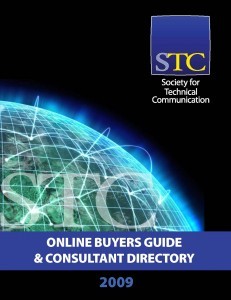You can create enduring relationships with your readers when you adhere to these tenets
To be most effective, your communication must focus on the needs of your audience. When you write, understand your audience, and make sure they will receive and act on the information in the manner you intended. Toward this end, we continue our discussion of the ten tenets of effective communication, focusing on the next four tenets:
- Accurate
- Comprehensive
- Accessible
- Concise
Accurate. Get your facts straight. Even the slightest inaccuracy subjugates believability and can bring the contents of an entire document into question.
Inaccuracies can annoy and perplex an audience, especially when they know otherwise. And keep your own biases at bay when citing facts; remain objective. Compelling information presented accurately can still raise eyebrows; there is no need to overstate.
An occasional misstated fact can be tolerated, but attention to detail in this all important area is well worth the effort. The little bit of extra research that corrects a distortion goes a long way toward creating authoritative communication.
In a presentation, I once used the quote “Never miss an opportunity to keep your mouth shut”, which had been attributed to author Robert Newton Peck. When I called him to verify this attribution, Mr Peck set the record straight. He told me, “Samuel Johnson said that.”
Accuracy is ethical.
Continue reading The Ten Tenets of Effective Communication (Part 2 of 3)








